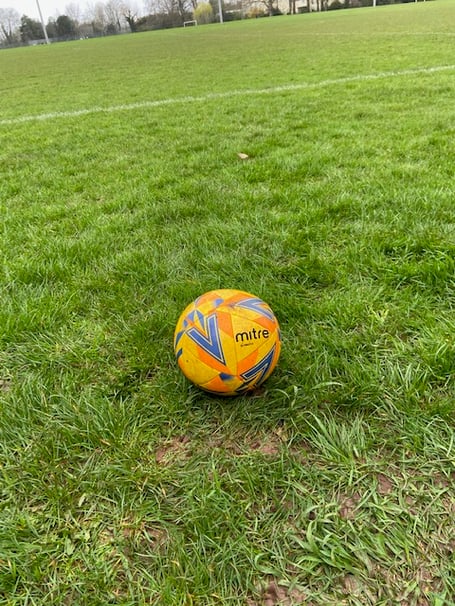A column from Ian Nockolds: Over the past two weeks I’ve set out my fears for the future of non-league football at the base of the National League System Pyramid. From the Coronavirus pandemic to the cost of living crisis, players have been lost to our National game by age, illness and now economic necessity.
In order for the non-league game to remain relevant, let alone flourish, football’s authorities, from the very top of the game to the volunteers running each and every Club, need to understand the challenges we face and respond with a passion and creativity that will ensure that the game we love is safeguarded for future generations to enjoy.
Inevitably, the greatest burden, at least in the short term, will fall on the Clubs. Whilst other Step 5 and 6 Leagues struggle with their own challenges over travel time, particularly in and around London, the distances covered by the Western League Premier Division have placed it’s Clubs on the front line of this conflict for the past two seasons. This Western Front will see 18 Clubs compete in the Premier Division this season, the first time since the 2011/12 season that the number has fallen to this number. So in the face of over overwhelming socio-economic challenges, what can Clubs do to turn back the tide?
Grassroots football clubs needs to look at recruitment by common sense and retention by design. The Toolstation Western League’s greatest asset is its family friendly atmosphere. So why not make this the basis of recruiting players with young families, possibly from higher levels of the game, with the promise that their families will be made welcome and that all important time with partners and young children can still be facilitated through Western League Football. At the other end of the age spectrum, young players looking to make their way in the game can be offered the chance to develop in the men’s game, playing regularly in an atmosphere where their learning curve accelerates at the same pace as their mistakes diminish. For these young players, the support of friends and family is essential and offers Clubs valuable revenue at the gate and the possibility of a committed, if somewhat transient, pool of matchday volunteers.
Obviously, effective player recruitment can’t be summarised in a paragraph, but the principles are sound. An approach that understands the push points that enable players to commit and a squad size that is flexible enough to adapt to peoples changing obligations. Inevitably, Managers will want to sprinkle their ranks with stardust, but Managers, fans and Chairman need to understand that in order to get the most out of the Grassroots Gascoigne’s of tomorrow, their commitment will be based on the realities of living in Britain today, not the expectations of what it meant to play football in the past.
Ultimately, the FA, it’s Leagues and the Clubs that populate them will all need to work together to maintain the appeal of an undoubtedly popular game that occupies less and less time in the consciousness of more and more people. Steps 5 and 6 of the National League System may well be destined to go the same way as Step 7, the Feeder Leagues as they are now known today.
The increasingly fast paced march of time may prove too much, but that isn’t a reason for all of us involved in the game to give up.
Ian Nockolds





Comments
This article has no comments yet. Be the first to leave a comment.